Part Two: The Onboarding
Rob: How are you forging a relationship with Johanna Pfaelzer, Berkeley Rep’s incoming artistic director? Is there anything for us to learn from that to date, or is it still too soon?
Susie: The first thing we did was agree to share information about ourselves with each other. Johanna asked me a question that I loved: “What’s the stuff that makes you prickly?” This gave me an opportunity to write my own little manifesto to her about the stuff I care about. It gave me an opportunity to say, “’The way that I work best is…,’ ‘The things that make me frustrated or angry are…,’ ‘I can forgive anyone doing anything to me, but I am unforgiving if I feel that you’re doing wrong by the company.’”
Why should it take her years to know this about me?
Rob: For sure. So you’ve shared that with her?
Susie: Yeah, some. Simple things like I want information that’s meant for me to come from her, not from somebody else.
Right now, I’m sitting in on all of the conversations that she’s having with everybody. Not because I want to eavesdrop, but because if I’m going to absorb the language that she’s using and if I’m going to know where she’s coming from on things, I need to be present. In the same way, over time, with us doing this together, she’s going to also begin to understand the language I use and the stuff that’s baked into the organization because of me as opposed to Tony.
What’s the stuff that’s likely to change more quickly because Tony is leaving and Johanna is coming in? What’s the stuff that, because I’m still here, is more likely to be altered as a result of a long series of conversations between us? Part of the culture is undeniably a result of Tony having been here for twenty-two years. Part of the culture is because I’ve been here for twenty-eight years. I’ve been saying to people, “As long as I’m here, this is the way the company is likely to operate. When I leave, anybody’s free to change it, but this is something that I care about.”
And I’ve also been saying, “As long as Tony’s here, this is the way it will be. But let’s all remember that when Tony leaves, this may be very, very different.” That’s been a hard thing for some people to absorb but very easy for others to absorb.
Rob: It’s like you’re kneading the dough of the staff to a point where you’re keeping them open to a new cook, another oven. And yet, at the same time, there’s a certain anxiety they have that you have to manage.
Susie: I will say we value some level of discomfort, whether it’s with the audience or staff. Discomfort is what makes it possible for there to be change and surprise. If we don’t value more than just comfort, we can’t be an organization that’s as flexible as we want to be. But acting on it is really, really hard.
I’ve felt it was okay for there to be a certain amount of organizational discomfort these last few years. If not, then the shock of the change would be brutal. I’ve said to people over the years, “When a new artistic director comes in, these are the positions that can change within an organization.” And I’ve said it because I want people to be thinking about it.
We had to hire a new production manager before we were going to hire a new artistic director. And I said to the person we brought in, “I want to be very clear with you. This is one of these positions that often changes when you have leadership changes either with the manager or the artistic director. So while we’re offering you this job this year, I have to be honest with you, I can’t promise you that you’ll have it in the next year.” It just so happened we had the perfect candidate and it worked out well. When Tony came in twenty-two years ago, we had a marketing director who I loved, but he and Tony were like oil and water. And even though it was my position to hire, I was not going to keep somebody in place who made Tony really uncomfortable.”
Rob: Yeah, of course not.
Susie: To the artistic staff, I’ve said, “Our whole structure, the way we produce plays, may be different in the years to come. The way we develop new work may be different. And we all have to be aware that what our board has said is that there is no position in this organization, other than mine, frankly, that is sacred. We’re not going to say to a new artistic director, ‘You have to keep these people.’” I’ve said that not because I want it to be harsh, but because I think people need to hear it over and over again to internalize it.
To the artistic staff, I’ve said, "Our whole structure, the way we produce plays, may be different in the years to come. The way we develop new work may be different. And we all have to be aware that what our board has said is that there is no position in this organization, other than mine, frankly, that is sacred."
Rob: I’m sure you’re articulating this to the staff in other ways, too. Turning it into something that could be exciting and positive, that will be stimulating to the entire organization. Not necessarily threatening to their jobs but really engaging them in constructive change.
Susie: Oh yeah. Now that Johanna is here, people are over the moon. The excitement of having a different kind of conversation, different people in the room. Even the initial conversations about the next season and who’s participating in them. The kinds of questions the staff is being asked that will inform the decision-making—it’s a totally different way of working. And it’s exciting to people.


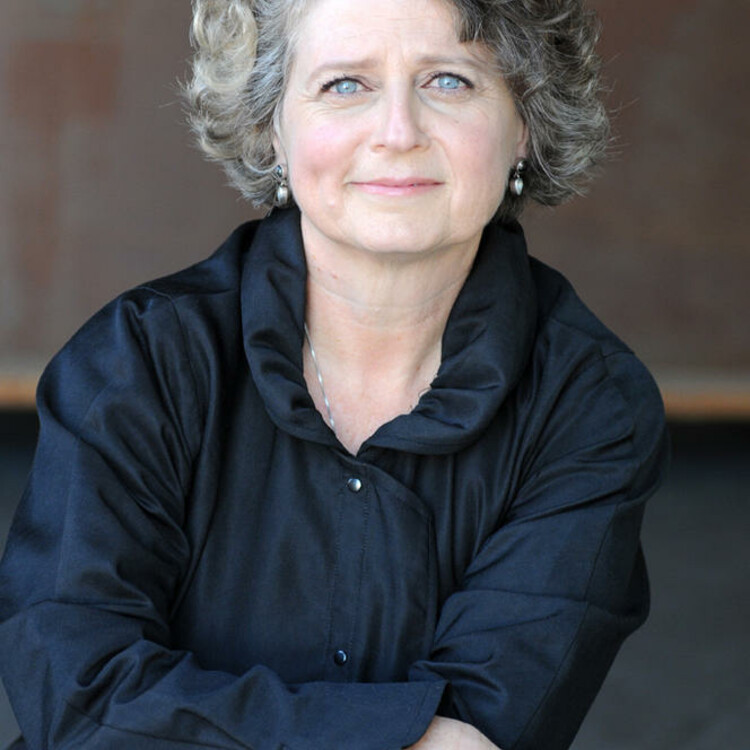
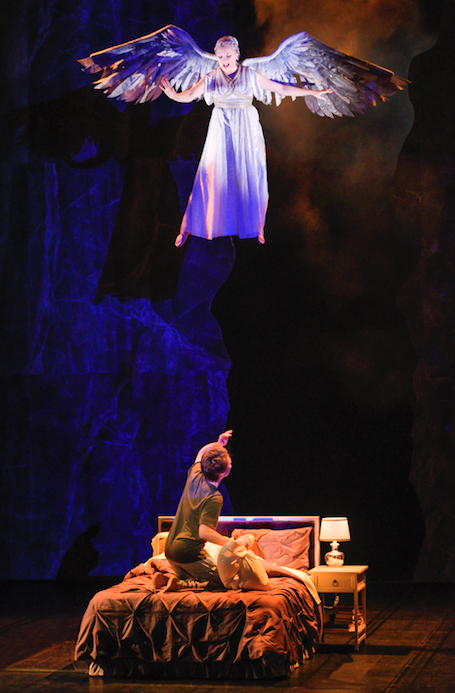
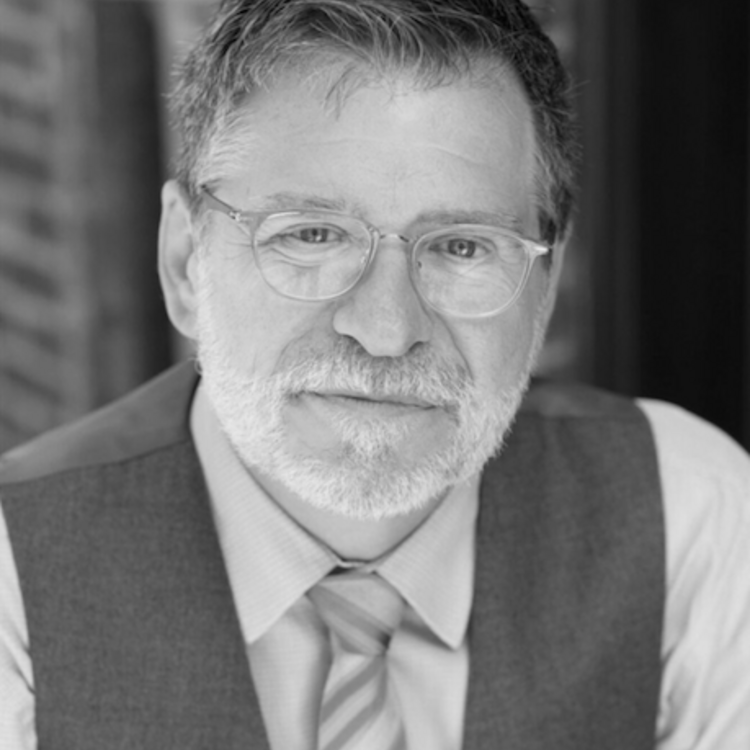

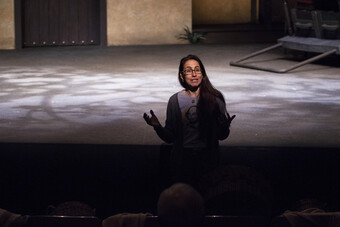


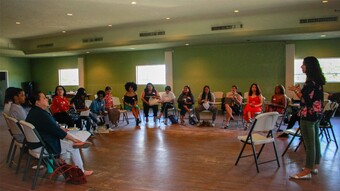
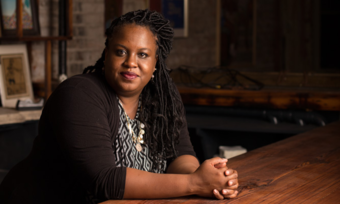


Comments
The article is just the start of the conversation—we want to know what you think about this subject, too! HowlRound is a space for knowledge-sharing, and we welcome spirited, thoughtful, and on-topic dialogue. Find our full comments policy here